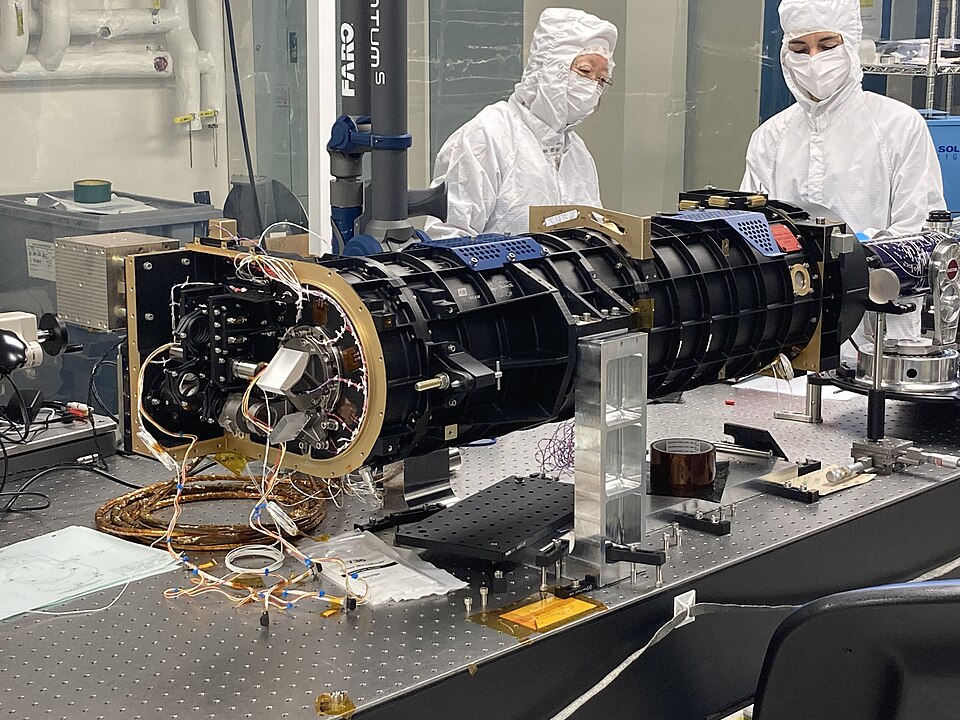UK Launches Ambitious Project to Synthesize Human Genome

In a groundbreaking initiative, the United Kingdom has launched a five-year research project named the Synthetic Human Genome (SynHG), aimed at synthesizing large fragments of human DNA within laboratory settings. This ambitious endeavor, spearheaded by Professor Jason Chin of the Medical Research Council's Laboratory of Molecular Biology (LMB) in Cambridge, seeks to deepen the understanding of human genomic functions and to establish a foundation for innovative treatments targeting complex diseases, including autoimmune disorders and viral organ damage.
The SynHG project, reported by *The Guardian* on June 30, 2023, involves a collaboration among esteemed institutions, including the universities of Cambridge, Kent, Manchester, Oxford, and Imperial College London. The project's first phase will focus on synthesizing individual sections of chromosomes, subsequently inserting them into human skin cells to monitor their behavior. This marks a historic effort to rewrite the human genome from the ground up, progressing from individual molecules to entire cells.
Historically, the synthesis of E. coli’s complete genome, which is significantly smaller than the human genome, has prepared Professor Chin's team for this monumental task. The human genome is composed of over 3 billion base pairs, presenting a complex challenge that the team is now poised to tackle. A critical aspect of this research involves analyzing the so-called "dark matter of the genome," which comprises DNA segments whose functions remain largely elusive. Insights from this analysis could illuminate gene regulation, epigenetics, and hereditary disease mechanisms.
Alongside the scientific efforts, an ethics team led by Professor Joy Zhang from the University of Kent will address the social implications and potential risks associated with this research. Concerns have been raised regarding the possible misuse of the technology for creating "designer babies" or modified organisms intended for domestic or industrial applications. Bioethicists are also exploring the potential application of synthetic mitochondria to prevent maternally transmitted diseases, a solution that may reduce reliance on donors and streamline in vitro fertilization (IVF) procedures.
The implications of the SynHG project extend beyond scientific boundaries, prompting discussions on ethical considerations and societal impacts. As advancements in genetic engineering continue to evolve, the dialogue surrounding the moral responsibilities of scientists in this field becomes ever more critical.
Looking ahead, the SynHG project may not only revolutionize our understanding of human genetics but could also pave the way for groundbreaking treatments and therapies. The successful synthesis and application of human DNA fragments could lead to significant advancements in medical science, potentially transforming the landscape of genetic medicine in the years to come. The outcomes of this research will undoubtedly be scrutinized by the scientific community and the public alike, as the quest to unlock the mysteries of our genome continues.
Advertisement
Tags
Advertisement





